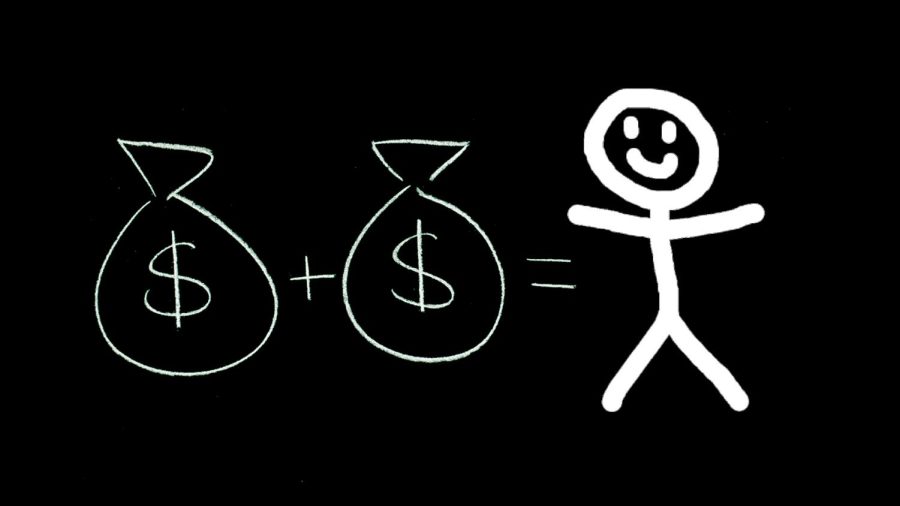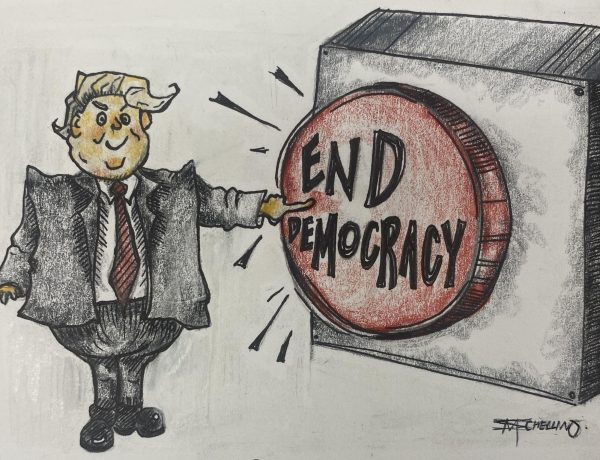Money Does Buy Happiness!
Money is often considered an interdiction of a topic in casual conversation, but it is also a source of endless fascination and debate. Does having more money make people happier? How much money is enough to live a good life? What is the best way to spend or save money to maximize happiness?
These are some of the questions that researchers have tried to answer using empirical evidence, and psychological theories. The results are not always concise, or satisfactory, but they do offer some insights into the complex and nuanced relationship between money and emotion that is happiness.
One of the most robust findings in the studies is that there is a positive relationship between income and happiness, but it is not a straight line. Nor is it direct, or inverse. The impact of additional income is greatest among those who have little money, but it does not stop mattering, even after one has the capacity to fulfill their basic necessities. Money can buy happiness, and the correlation extends well beyond the standard yearly-pay threshold.
However, the relationship between wealth and well-being is not explicit. While some studies seem to tie wealth to well-being, others show that, after a certain point, a higher income will not bring more happiness or life satisfaction. The connection between money and happiness varies greatly around the world, and there is a threshold beyond which more money doesn’t equal greater life satisfaction. After all, doesn’t one reach self-fulfillment after a certain point of lavishness?
A possible explanation for these discrepancies is that different measures of happiness pertain to different aspects of human experience. For example, some studies use life satisfaction as an indicator of happiness, which reflects a global evaluation of one’s life. Other studies use affective well-being, which reflects the frequency and intensity of positive and negative emotions in daily life. These two dimensions of happiness may not always align, and they may be, and mostly are, influenced by different factors.
Another possible explanation is that money affects happiness in different ways for different people. For instance, some people may be more sensitive to changes in income than others, depending on their personality, values, goals, and expectations. Some people may also derive more happiness from spending money on certain things than others, depending on their preferences, needs, and circumstances.
In light of all that, one can ask: If money can buy happiness, then how must it be spent to maximize well-being? Research suggests that there are some general principles that can guide us in making wiser spending decisions.
One of these principles is to spend money on experiences rather than material goods. Experiences tend to provide more lasting happiness than possessions because they are more unique, memorable, social, and self-defining. They also tend to elicit less comparison and adaptation than material goods, which means that they are less likely to lose their appeal over time.
Another proposition is to spend money on others rather than just on one’s self. Giving money to others can increase happiness by enhancing the sense of social connection, gratitude, altruism, and purpose. It can also create a positive feedback loop of generosity and happiness in one’s social networks. The amount of money one give does not matter as much as the intention and the impact behind it.
A third principle is to spend money on small pleasures rather than large ones. Small pleasures are more frequent and varied than large ones, and can help cope with difficult and negative emotions. They also tend to be less susceptible to hedonic adaptation than large ones, which means that they do not lose their charm as quickly. The little things matter too, do they not?
Ultimately, it can be said that money does buy happiness, but only to such an extent. Beyond that point, other factors such as how money is spent, and how ones lives their lives become more significant.
By understanding the relationship between money and happiness, one can better make choices that enhance not only their welfare, but that of others, as well.





